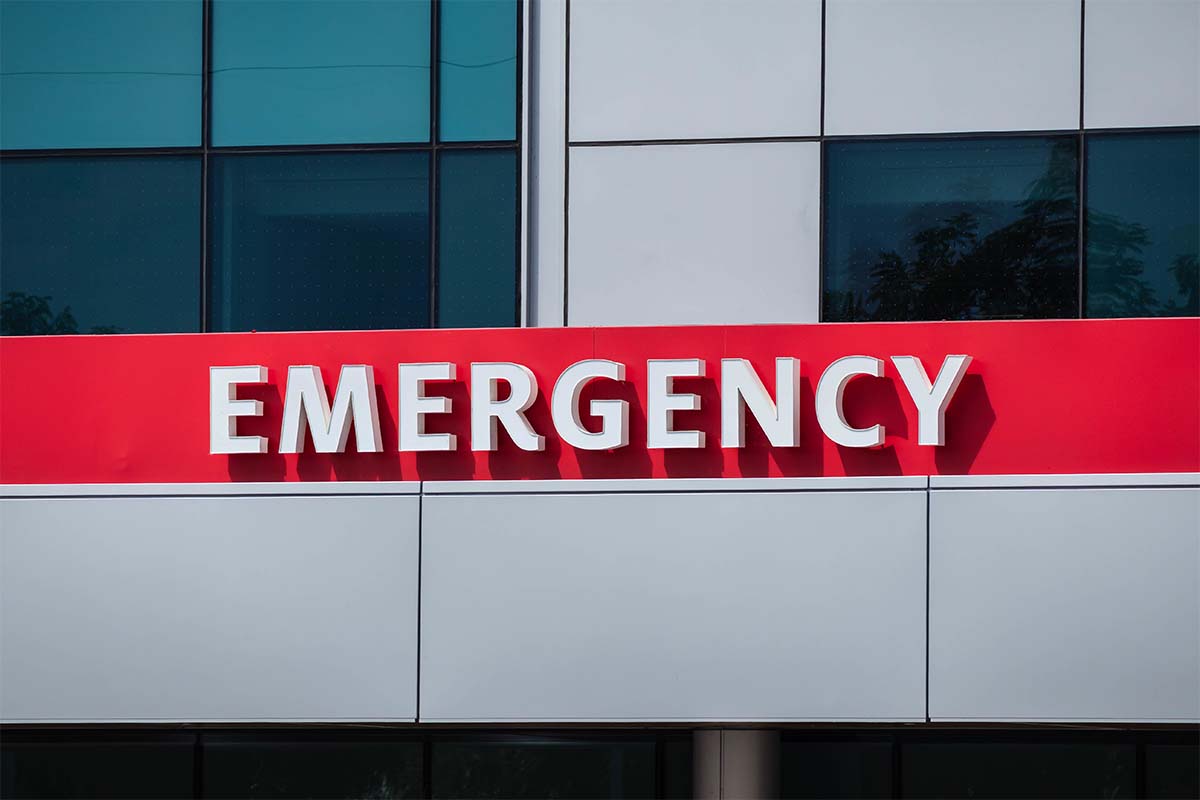
Abdominal pain is a frequent complaint that can affect individuals of all ages. From mild discomfort to severe, debilitating pain, the causes of abdominal pain can range from benign to life-threatening conditions. Understanding these causes and knowing when to seek emergency care is crucial for your health. This article explores the common causes of abdominal pain, providing valuable insights into when you should visit an emergency room like Elitecare.
What Are the Common Causes of Abdominal Pain?
Abdominal pain is a sensation of discomfort or pain that can be localized to any area of the abdomen. It may present as a dull ache, sharp stabbing pain, or cramping sensation. The pain can be constant or intermittent and can vary in intensity from mild to severe. Abdominal pain can be categorized based on its location:
- Upper Abdominal Pain: Pain that occurs above the belly button, including the upper right and left quadrants.
- Lower Abdominal Pain: Pain that occurs below the belly button, including the lower right and left quadrants.
- Generalized Abdominal Pain: Pain that is widespread across the abdomen.
Gastrointestinal Causes of Abdominal Pain
One of the most common causes of abdominal pain is related to the gastrointestinal tract. Gastroenteritis, also known as the stomach flu, is an inflammation of the stomach and intestines caused by viral or bacterial infections. Symptoms include diarrhea, vomiting, and abdominal cramps. While gastroenteritis is usually self-limiting, severe cases may require medical attention to prevent dehydration.
Food poisoning is another common gastrointestinal issue that can cause significant abdominal discomfort. It occurs when you consume contaminated food or beverages and presents symptoms such as nausea, vomiting, diarrhea, and abdominal cramps. Most cases resolve on their own, but severe instances, especially those leading to dehydration, may require medical intervention.
Inflammatory and Structural Causes of Abdominal Pain
Inflammatory conditions like appendicitis and diverticulitis are also significant causes of abdominal pain. Appendicitis is the inflammation of the appendix, a small pouch attached to the large intestine. Symptoms include sudden, severe pain in the lower right abdomen, nausea, and fever. Appendicitis is a medical emergency that requires prompt surgical intervention to prevent complications.
Diverticulitis is the inflammation or infection of small pouches (diverticula) that can form in the walls of the intestines. Symptoms include lower abdominal pain, fever, and changes in bowel habits. Severe cases of diverticulitis may require antibiotics or surgery.
Gallstones and kidney stones are structural causes of abdominal pain. Gallstones are hardened deposits of digestive fluid that form in the gallbladder, causing intense pain in the upper right abdomen, especially after eating fatty meals. Kidney stones are hard mineral deposits that form in the kidneys and can cause excruciating pain when passing through the urinary tract.
Chronic Causes of Abdominal Pain
Chronic conditions like Irritable Bowel Syndrome (IBS) and peptic ulcers are long-term causes of abdominal pain. IBS is a chronic condition affecting the large intestine, causing symptoms such as cramping, abdominal pain, bloating, gas, and diarrhea or constipation. While not life-threatening, IBS can significantly impact quality of life and may require dietary changes, stress management, and medication.
Peptic ulcers are sores that develop on the lining of the stomach, small intestine, or esophagus due to the erosion caused by stomach acid. Symptoms include burning stomach pain, bloating, and heartburn. Complications like bleeding or perforation necessitate emergency care.
Gynecological Causes of Abdominal Pain
For women, gynecological issues can also be a cause of abdominal pain. An ectopic pregnancy occurs when a fertilized egg implants outside the uterus, typically in a fallopian tube. This condition is life-threatening and requires immediate medical attention. Symptoms include sharp, severe abdominal pain, vaginal bleeding, and dizziness.
Ovarian cysts and endometriosis are other gynecological conditions that can cause abdominal pain. Ovarian cysts are fluid-filled sacs that develop on the ovaries, and endometriosis is a condition where tissue similar to the lining inside the uterus grows outside the uterus, causing pain and potentially affecting fertility.
When to Visit the Emergency Room for Abdominal Pain
While many causes of abdominal pain can be managed at home or by visiting a primary care physician, certain symptoms require immediate medical attention. Here are some key indicators that you should go to the emergency room:
Severe or Worsening Pain
If you experience intense pain that comes on suddenly or progressively worsens, it could be a sign of a serious condition such as appendicitis, pancreatitis, or a perforated ulcer.
Pain with Fever
Abdominal pain accompanied by a high fever may indicate an infection, such as appendicitis or diverticulitis, that requires urgent medical treatment.
Persistent Vomiting
Inability to keep fluids down for more than 24 hours can lead to severe dehydration and requires emergency care to replenish fluids and prevent complications.
Bloody Stools or Vomit
The presence of blood in your stools or vomit is a sign of a serious condition, such as a bleeding ulcer or gastrointestinal bleeding, that needs prompt evaluation.
Swelling or Tenderness
A swollen or tender abdomen, especially if it is hard to the touch, can indicate a serious underlying issue such as an obstruction or perforation.
Pain After Trauma
Abdominal pain following an injury or accident could signify internal bleeding or organ damage and should be evaluated immediately.
Difficulty Breathing
If abdominal pain is accompanied by shortness of breath, chest pain, or dizziness, it could indicate a serious condition such as a heart attack or pulmonary embolism that requires immediate attention.
Pregnancy-Related Pain
Severe abdominal pain during pregnancy, especially if accompanied by bleeding, should be evaluated right away to rule out conditions like ectopic pregnancy or placental abruption.
24 Hour Emergency Room In League City, TX
For any of the conditions listed above, urgent medical attention should be sought if one or more of the following symptoms is present:
- You experience intense and unexplained lower abdominal pain, especially on one side.
- Pain has been getting worse over the past 24-48 hours despite pain relief.
- Recurring nausea and/or vomiting.
Abdominal pain can be a symptom of many different conditions, ranging from benign to life-threatening. Understanding the potential causes of abdominal pain and recognizing when to seek emergency care is crucial for timely and effective treatment. If you are ever in doubt about the severity of your abdominal pain, it is always better to err on the side of caution and seek medical attention to ensure your health and well-being.
Visit Elitecare Emergency Hospital for expert emergency care and ensure your well-being is in the best hands. Our 24-hour emergency room in League City, TX, is equipped to handle any emergency, providing you with prompt and professional medical attention. Stay informed, stay safe, and don’t hesitate to seek help when you need it.
















